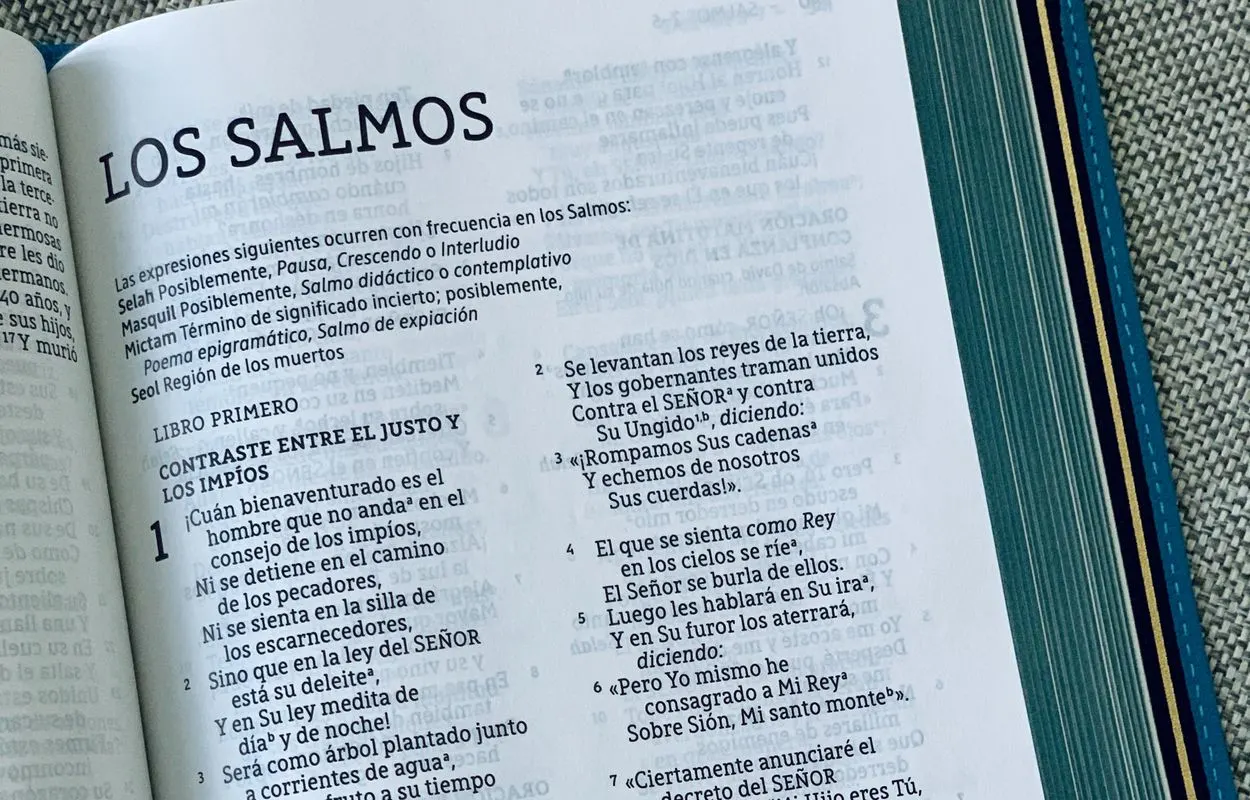Interestingly there are approximately 329 million people who speak Spanish as their first language. The fact that Spanish is the second most spoken language makes it the most studied language these days.
Due to hordes of similarities between English and Spanish, it sometimes becomes confusing to comprehend Spanish vocabulary.
It is possible to confuse words like “el calor”, “la calor”, “el mar” and “la mar”. Here’s the difference between these words:
If you want to speak cultural Spanish, you should use “el calor.” It’s worth noting that “la calor” is an incorrect word. Though both the words refer to the “heat”.
On the other hand, the words “el mar” and “la mar” refer to the sea. The word “el mar” is commonly used in conversational Spanish, while “la mar” is a word you shouldn’t use in conversational Spanish. This is a poetic word.
Spanish learners often struggle with the differences between these two words. The difference between the two words is important for the correct use of the language.
This article will discuss the differences between these two terms, along with the examples, and provide a general understanding of how to use them correctly. Let’s dive into it!
Meaning of El
El is used in the same way as ‘the’ is used in English but ‘el’ is used to denote masculinity.
Meaning of La
Just like ‘el’, ‘la’ is used to denote ‘the’ but ‘la’ represents femininity.
What is the Difference Between El Calor and La Calor?
The difference between the two words is not always evident, but there are a few common reasons to use one versus the other. First of all, it’s important to note the gender of the nouns.
You should use El for masculine nouns (singular) and La for feminine nouns.
These examples will help you differentiate both:
The girl looks awesome.
La chica se ve genial.
The boy is taller than me.
El chico es más alto que yo.
While the two words have the same meaning, they are very different in grammatical structure and pronunciation.
Calor is the noun that means “hot.” In Spanish, the word “caliente” is also used to describe temperature. However, the two terms are not synonyms.
Caliente refers to the actual temperature of something, such as a frying pan. In contrast, calor is a noun that talks about the weather.

What is the Difference Between El Mar and La Mar?
As told earlier, both “el” and “la” represent the masculinity and femininity of determiner “the”. When using either of these with “mar”, the context slightly differs.
When explaining your spiritual feelings or thoughts about the sea, you can use “la mar.” This word is poetic, therefore, you shouldn’t use it in conversational language.
On the other hand, you can use “el mar” in conventional Spanish when describing the geographical aspects of the sea.
Usage of ‘el’ and ‘la’
Since we are on the topic, let’s get to know some other Spanish phrases.
Does La Hora or El Tiempo Mean Time?
In Spanish, there are multiple words that you can use for time.
However, it’s important to note that time in Spanish isn’t the same as time in English. El tiempo means “day” and “hora” means “hour.” These two words are used in different ways.
Here are some examples that might clear your doubts:
How long did you spend in Italy?
¿Cuánto tiempo pasaste en Italia?
What time is it in Atlanta?
¿Qué hora es en Atlanta?
It’s not the right time.
No es el momento adecuado.
In the above example, momento refers to time. You can see there is no single word in Spanish to explain time.
There is also a gender difference. In Spanish, the feminine article is used to refer to “la hora,” while the masculine article refers to “el tiempo.”
The correct way to ask the time in Spanish is “que hora es?” You can also use “que hora son?” However, this does not alter the meaning; the alternative form is “que hora era.”
What Does “la sombra” Mean in Spanish?
Sombra is a Spanish word that means darkness or lack of light (shadow). The word is also used to describe a projection of darkness into space, opposite to the direction of light.
A shadow can be cast on any surface, including a person or an object. It is also a term used to describe an opaque body. A shadow can be created by a person or an object, or a specific light source can cause it.
Examples:
I know you’re there because I saw your shadow.
Sé que estás ahí porque vi tu sombra.
We need a shadow on the lawn.
Nosotras necesitamos una sombra en el césped.

What Does “La Pantufla” Mean in Spanish?
The Spanish word “pantufla” translates as “sneakers” or “slippers”.
The slippers I bought at a local store are very comfortable.
Las pantuflas que compré en una tienda local son muy cómodas.
The more appropriate Spanish word for sneakers, pumps, or slippers would be zapatillas.
I want new sneakers.
Quiero zapatillas nuevas.
These slippers are irritating me.
Estas pantuflas me irritan.
What Does “Ladija” Mean in Spanish?
The biggest mistake a non-native will make while learning Spanish is pronouncing “double LL” as “J” in English.
The correct word would be “ladilla” which means “crab louse.” You can also use this word when something is bothering you.
It’s worth mentioning that you should never use this word at school or at the workplace. Using it for anything else except crab louse makes it a bad word.
Useful Spanish Phrases

| Spanish | English |
| ¡Buenas mañanas! ¡Buenos dias! | Good morning! |
| ¿como estas? | How are you doing? |
| ¿Vienes? | Are you coming? |
| ¿Cuál es su nombre? | What’s your name? |
| Mi nombre es Adam. | My name is Adam. |
| Te ves impresionante. | You look stunning. |
| Trabajo en una empresa de gestión de redes sociales. | I work at a social media management company. |
| ¿Sirves panqueques para el desayuno? | Do you serve pancakes for breakfast? |
| ¿Me puedes ayudar? | Can you help me? |
| Estoy buscando un taxi. | I’m looking for a cab. |
| Gracias. Ayudó mucho. | Thank you. It helped a lot. |
| ¿Tienes este jarrón en una forma diferente? | Do you have this vase in a different shape? |
Conclusion
- Spanish is spoken by approximately 329 million people worldwide, ranking as the second most spoken language globally.
- English-Spanish similarities can confuse learners, especially regarding vocabulary.
- Articles like “el” and “la” change based on the gender of nouns.
- “El calor” is right for “heat,” while “la calor” is wrong.
- Both “el mar” and “la mar” mean “the sea,” but “la mar” is more poetic and less common in speech.
- Knowing noun gender and article usage is crucial for proper Spanish grammar.
- Examples in the article help us understand Spanish nuances.
- All The Differences offers factual, clear content to explain complexities and highlight key differences in various topics.

